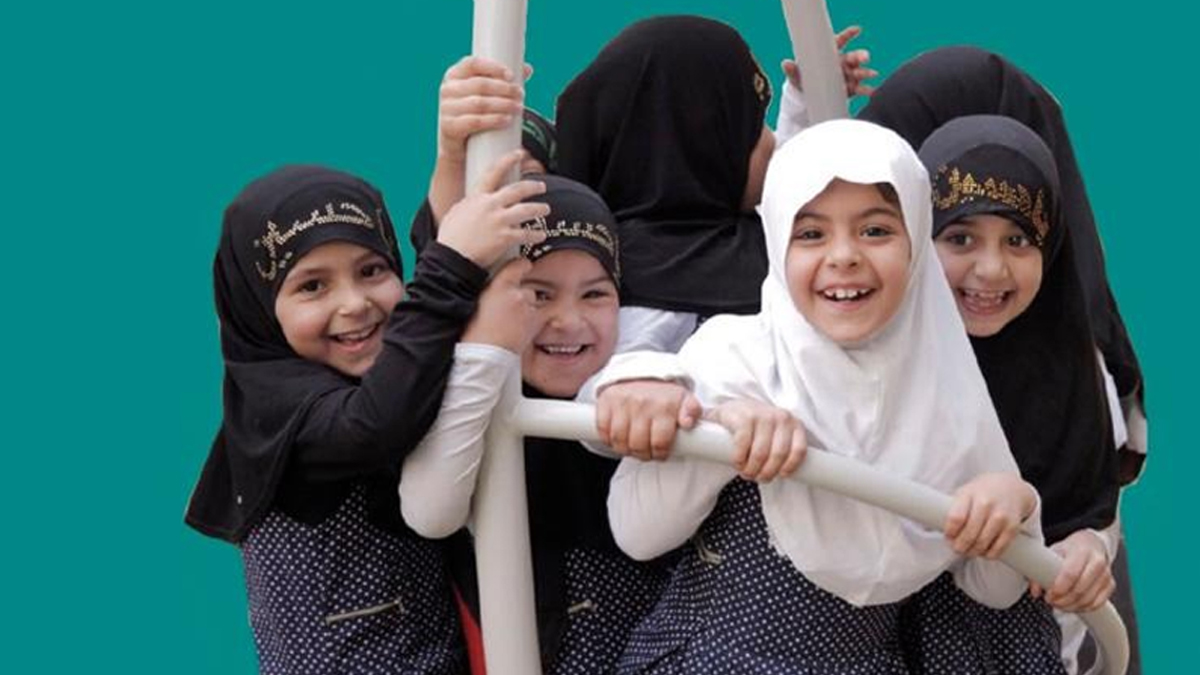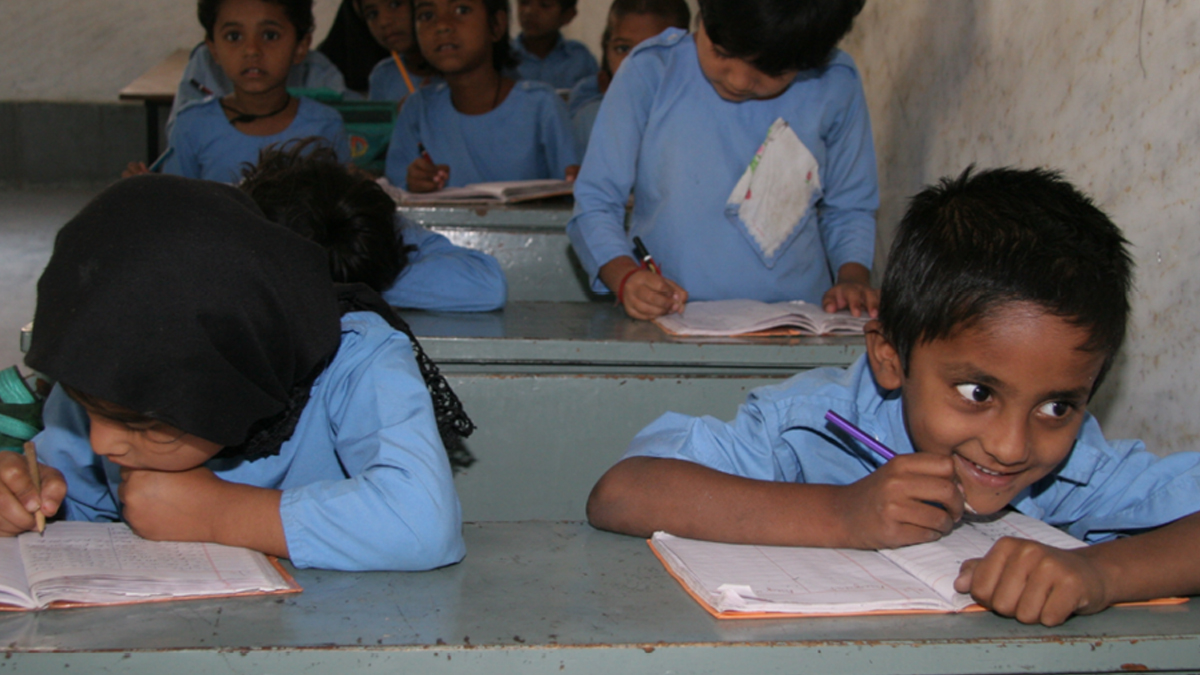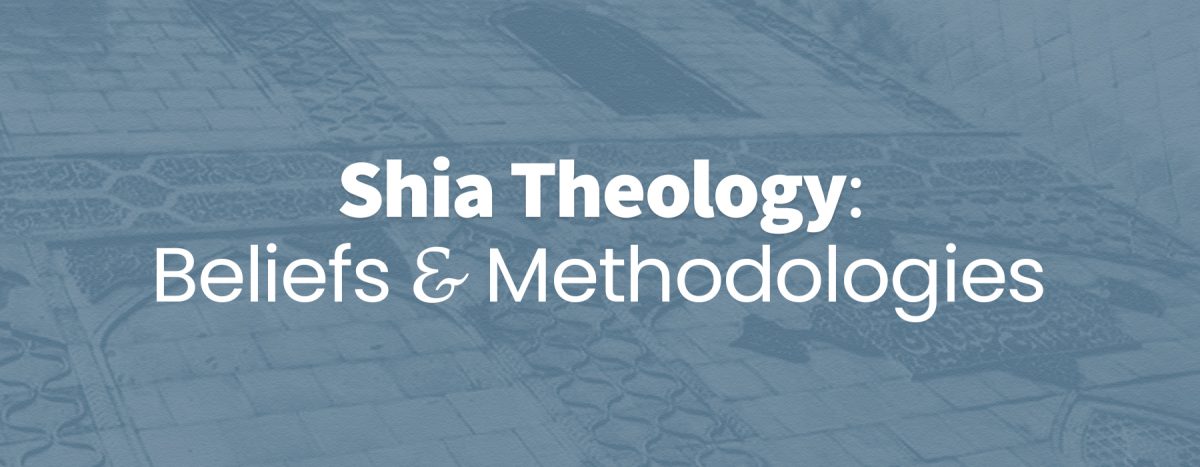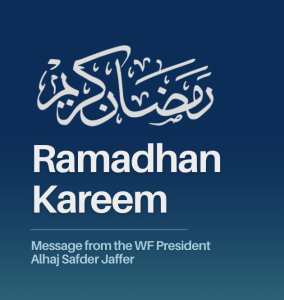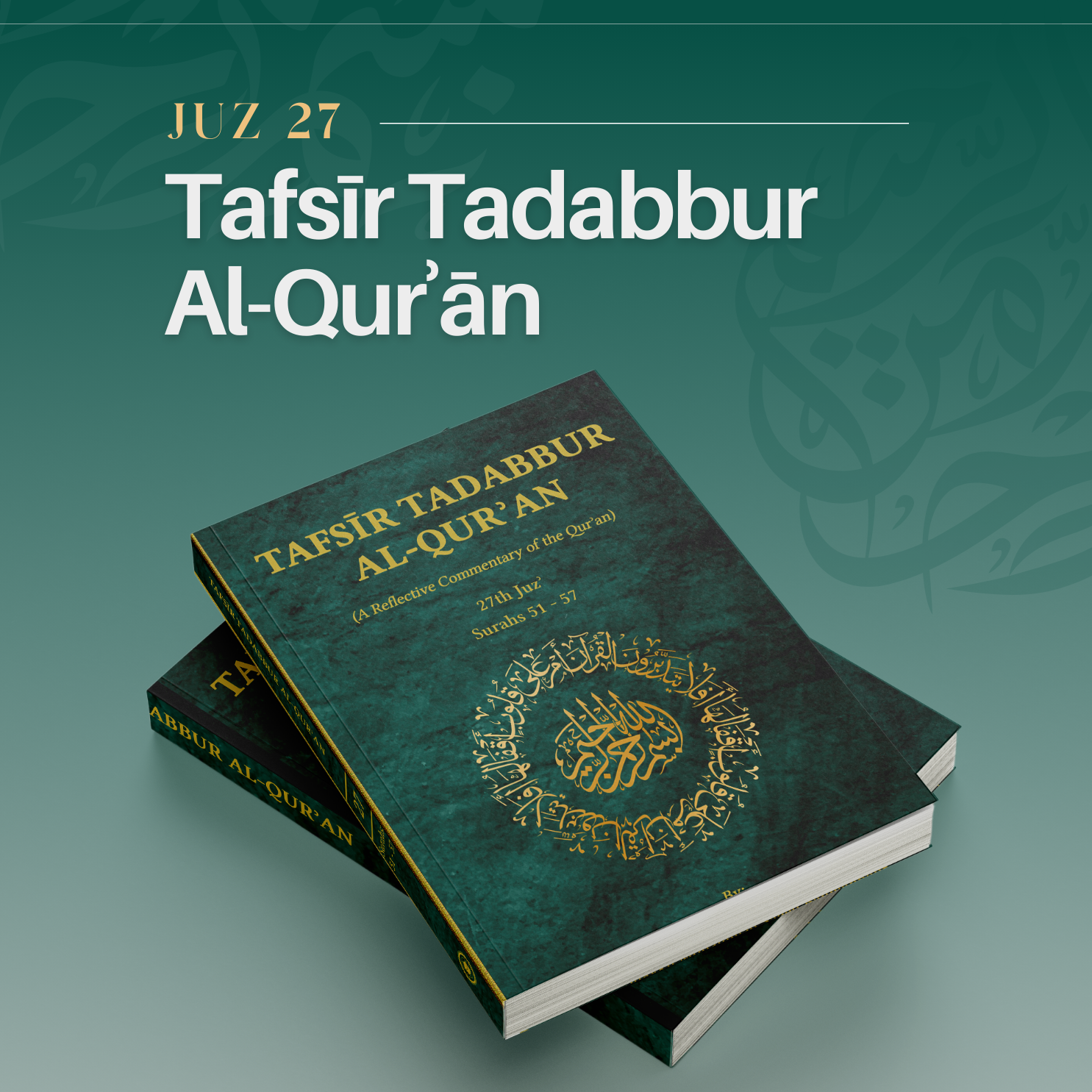Did Shaykh al-Kulayni author his book “al-Kafi” by compiling weak narrations? If one makes a categoric claim that Shia beliefs cannot be reliably proven from Islamic sources, can their claims be taken at face value, or are there rigorous criteria for assessing such claims? How accurate is the statement: “Knowledge of the unseen is exclusive to Allah (SWT)”? Is Ziyarat Ashura an authentic text from the Shi’i dua corpus? What does the concept of ghuluw signify in Shia Islam?
Islamic Education Department of The World Federation of KSIMC is proud to invite you to attend its first academic conference of the kind, titled:
“Shia Theology: Beliefs and Methodologies”
In this one-day conference, we are going to be honoured with the participation of high-ranking ‘Ulema and researchers from across the globe, who will address the above burning issues with unique depth, including a special address from His Eminence, Ayatullah Shaykh Ja’far Subhani. Join us to get a distinctive glimpse of scholarship in Shia studies.
Special Address: The Approach of the Imams (a) in dealing with different ideologies – by Ayatullah Shaykh Ja’far Subhani
Paper One: The Methodology of Jurists in Authenticating Narrations – by Sayyed Munir al-Khabbaz
Paper Two: Is Ziyarat Ashura Authentic? A Discussion in “Ilm al-Rijal” – by Shaykh Dr. Mohammed Ali Ismail
Paper Three: Establishing the Rational Methodology for Studying Shia Theology – The status of the Imams (a) as an example – by Shaykh Dr. Ali Husain Al-Hakim
Paper Four: An Exploration of the Concept of Ghuluw in Shia Islam and its Historical Development – Shaykh Dr. Vinay Khetia
Paper Five: The Qur’anic Understandings and Applications of the term “Ilm ul Ghayb” – by Dr. Mahjabeen Dhala
Continue reading to learn more about the scholars.
Register today to attend:
About the distinguised Scholars
Ayatullah Ja’far Subhani is a leading marja’ taqlid, theologian, and Qur’anic commentator from the Shia seminary of Qum. Having studied under great scholars such as Sayyid Husayn Boroujerdi, Sayyid Mohammad Husayn Tabataba’i, and Mohammad Rida Gulpaygani, Ayatullah Subhani went on to found numerous Islamic institutes and publications, including the Imam Sadiq Institute, of which he is currently the director.
Ayatullah Subhani is a prolific writer and has authored books in virtually every field of Islamic learning, including jurisprudence, legal theory, theology, philosophy, history, and Qur’anic commentary. Some of his best-known works are his thematic commentary on the Qur’an, Mafahim al-Qur’an, his lectures on Islamic theology Muhadarat fi al-Ilahiyyat, and his biographies of the Prophet (saw) and Imam ‘Ali (a) Forough-i Abadiyyat and Forough-i Wilayat.
Sayyed Munir bin ‘Adnan al-Khabbaz from Qatif in modern day Saudi Arabia, is a scholar who has reached the lofty rank of Ijtihad. Also a thinker, poet, experienced orator and author, his lineage goes back to Imam ‘Ali bin abi Talib (a).
He began his Hawza studies in Najaf in 1978, at the tender age of 14. Later on, he attended the classes and Bahth Kharij lessons of the likes of Sayyid Al-Khui and Sayyid al-Sistani. After that he moved to Qum, and continued his studies under Sh Mirza al-Tabrizi, Shaykh Wahid al-Khurasaani, and other Maraje, attaining the status of Ijtihad.
Under the instructions of his teachers, especially late Sh al-Tabrizi, Sayyed al-Khabbaz started teaching Bahth Kharij, whereby his research and content have been distinguished with his efforts to re-establish and expand many theoretical principles. His classes in Qum are one of the best and most scientific Arabic bahth kharij lessons.
Some of his books include a commentary on “Dua al-Iftitah”, “Religion Between Scientific Data and Atheistic Criticisms”, and “The Mahdawi Reality”.
The presence of a grand scholar of his calibre in the modern-day hawza is in itself a blessing, although Sayyed Al-Khabbaz has gone a step further to spread this blessing widely, so that more people would benefit from his knowledge and guidance, including the wider Muslim and non-Muslim communities in different parts of the world. He has achieved this by being a seasoned muballigh and orator, who has visited and lectured in various centres and scientific institutions in London, Denmark, USA, Sweden, Norway and Germany, engaging with both the general public and scholars alike.
Born to a religious family in Baghdad, Iraq, Dr. Ali Hussain Al-Hakim completed his studies at the Islamic Seminary of Qum, where he took part in the Kharij (post-doctorate) level courses in jurisprudence and its principles (fiqh and usul) for over six years. He has lectured at the University of Oslo and participated in numerous international conferences at various prestigious European universities. He is currently a senior lecturer at the Islamic College, where he had been teaching both BA and MA students since 1998, and is in charge of the Research Dep. at IJCA, London.
Dr. Ali H. Al-Hakim has co-authored a book entitled: ‘Living happily without Anxiety’ (2013) and his latest works of authored and edited books include: ‘Ethical Concepts for Students living in the West’ (2011), ‘A Perfect Governor’ (2012), ‘The Martyr of Freedom’ (2013), ‘Islamic Feminism: Theory and Applications’ (2013), ‘Secrets and Manners of Islamic Prayers’ (2015) and ‘Current Issues: A Shi’ah Reflection’ (2015).
Shaykh Vinay has been in the field of Islamic Studies both within academia and Islamic seminaries for the past 18 years. He has published various peer reviewed articles dealing with Islamic intellectual history and Islamic law. He just recently completed his PhD dissertation (awaiting defense) on the subject of the History and Philosophy of Dua and Ziyarat at McMaster University.
Shaykh Dr. Mohammed Ali Ismail, from Peterborough, UK, graduated in Law. He then went to Qum, Iran where he studied in the Hawza for ten years, specialising in Qur’an and Hadith Studies. Having graduated from the Hawza in 2007, he went on to complete a Post Graduate Certificate in Education at the University of Portsmouth.
Dr Ismail then moved to Damascus, Syria, where for two years he taught and trained aspiring Ministers of Religion at the Islamic Institute for Post Graduate Studies. In 2010, he joined the academic team at The Islamic College in London, where he is currently Director of Research and Publications and a senior lecturer.
Over the last two decades, Dr Ismail has regularly lectured and conducted courses in Islamic centres around the world. In 2020, he received his doctorate from Middlesex University. Among his publications is Islamic Laws, an annotated translation of the Tawdih al-Masa’il of Grand Ayatullah Sayyid Ali al-Husayni al-Sistani.
Dr. Mahjabeen Dhala is an Assistant Professor of Islamic Studies at the Graduate Theological Union in Berkeley. Her dissertation looks at the seventh-century Sermon of Fatima (SA) to trace early Shia activist voices, especially those of women. She has been a religious educator for Shia communities worldwide since the last twenty years. In her capacity as a religious speaker and a spiritual guide, she has traveled widely, thus gaining a unique insight into the concerns of Muslim women both in the global North and the South.





